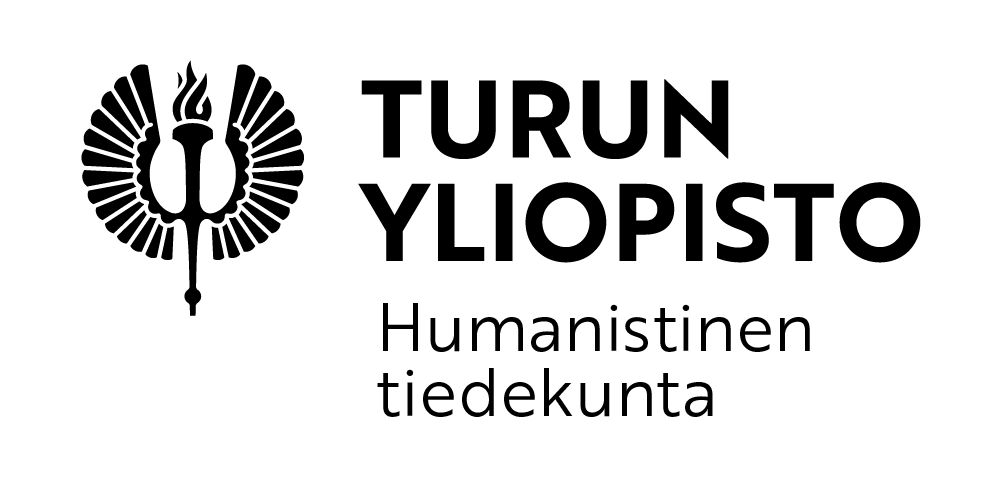The Fairytale: in Sharm El Sheikh’s international music tourism industry
My doctoral dissertation will focus on the fairytale narratives that will be collected in Sharm El Sheikh’s (Egypt) hotel industry, and their impact on live popular music performances. The extracts of my short story ‘Rose Nightingale’s Fairytale’ as well as my dissertation will shed light on the cross-cultural landscapes of love and drama in Sharm El Sheikh’s hotel industry, with a blend of Erving Goffman’s, Edward Hall’s and Mikhail Bakhtin’s theories on social space. My focus is on the manner in which social space defines dfferent roles for its social actors and shapes popular music performances in a fairytale-like tourist setting. I aim to introduce a new space of different literary genres, one consisting of the fairytale and fiction narratives on the one hand, and of the social science and popular music theories and methods on the other.
Extracts from ‘Rose Nightingale’s Fairytale’
Rose couldn’t see the magic, beauty of the open space, the golden twinkling Christmas lights at the far distance, the other side of the city, dressed in sparkling diamonds beyond the serene shore. She glanced at Amir, who, as usual, was trying not to slip out of his macho character. While he sat there, making sure not to break the fine line between the social and intimate spaces between them, his narrow face and high cheekbones, self presentation, revealed the hidden feelings demanded by a highly moral culture.
Rose and Amir, the famous singers of the beautiful ‘Romansseya’ hotel in Sharm El Sheikh’ took a cab to the coast strip. The old town, with its pitch dark graveyard of yachts, in one summer became one of the secret meeting places in the outstrip of Sharm El Sheikh. A space of rebirth and emancipation for the disintegrated bodies of the so called ‘indiscreet’ lovers. Especially, for westernized local men like Amir, who broke the boundaries, favouring modernity over traditions, vice over virtue, for some ’intimacy’ with their western girlfriends.
Unlike in their hotel in Naama bay, the stage was set in the entrance lobby of the hotel. Small and private, with a few round tables and sofas around the stage. This excessively odd, un-celebrative setting, provoked a carnivalesque atmosphere, as it lacked western professional criteria of popular music, while at the same time, was free with fantasy, from all forms of western consistencies in musical worlds, seriousness, like in the fairytale.
The anthropological and sociological side
Beautiful things appear in the fairytale: roses, shores, palaces, golden objects, princesses and princes. These objects are present in Sharm El Sheikh’s tourist industry, and in its popular music performances. But to Lüthi (1984) the main attraction of the fairytale are its contradictory spaces of extremes: beautiful and ugly, love and drama, virtue and vice, pleasure and danger, solidarity and oppression. Goffman’s (1959) Hall’s (1966) and Bakhtin’s (1968) works help interpret these social spaces and their effects on social roles in a tourist city. Amir and Rose, the secret lovers, singers of a glamorous twentieth-century hotel, are forced to present different moral selves in social and intimate spaces. The only way for them to experience solidarity, love, rebirth and emancipation is to escape to the dead side of town, ‘the graveyard of yachts’ or as Bakhtin puts it, to the grotesque and otherworldly. They are constantly crossing the boundaries of the fairytale, between pleasure and danger, beautiful and ugly, virtue and vice, solidarity and oppression, as the tourist city’s moral culture represents itself. These boundary-breaking, carnivalesque and extreme experiences, reach out to the popular music performances in Sharm El Sheikh’s hotels. Furthermore, Hall’s distinctions between the intimate and social space, regulate the distance between performers and audiences, rearrange the stage productions and musical worlds, and, leave thus an urgent need to study the fairytale-fantasy and unpromising aspects of the tourist industry and their influence on popular music in Sharm El Sheikh.
Laila El-Mahgary is a PhD student of musicology.
Literature
Bakthin, Mikhail: Rabelais and His World (Bloomington, Indiana UP, 1968)
Goffman, Erving: The Presentation of Self in Everyday Life (New York, Shocken Books, 1959)
Hall, Edward T.: The Hidden Dimension (New York, Doubleday, 1966)
Lüthi, Max: Fairytale as an Art Form and Portrait of Man (Bloomington, Indiana UP, 1984)

